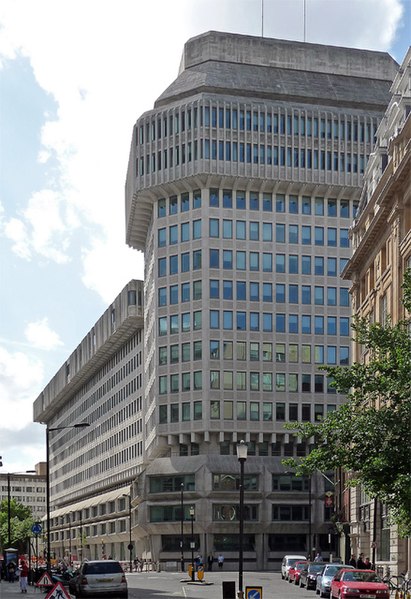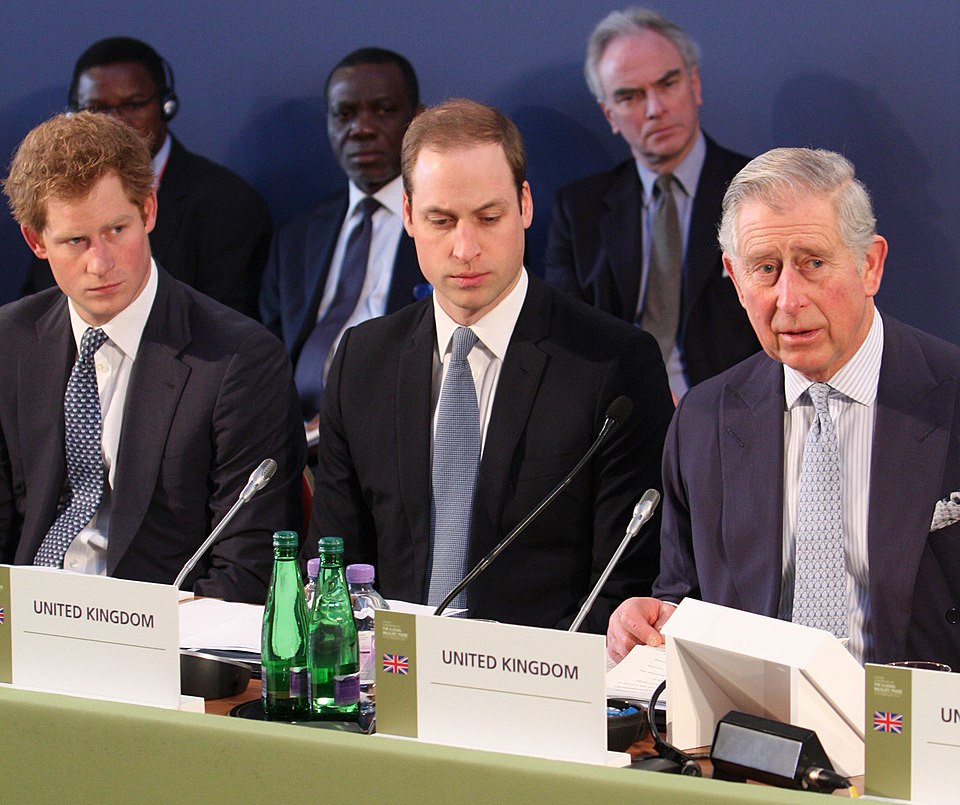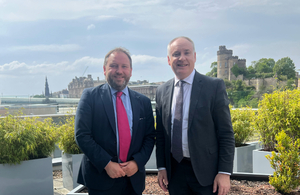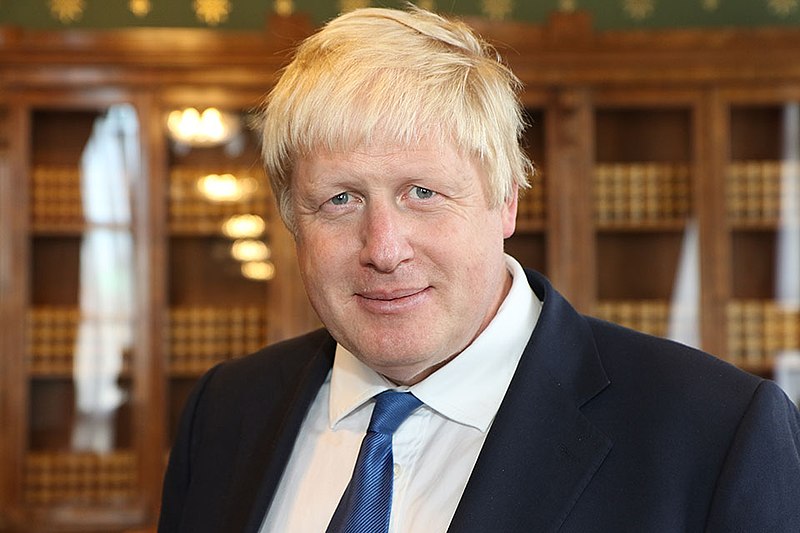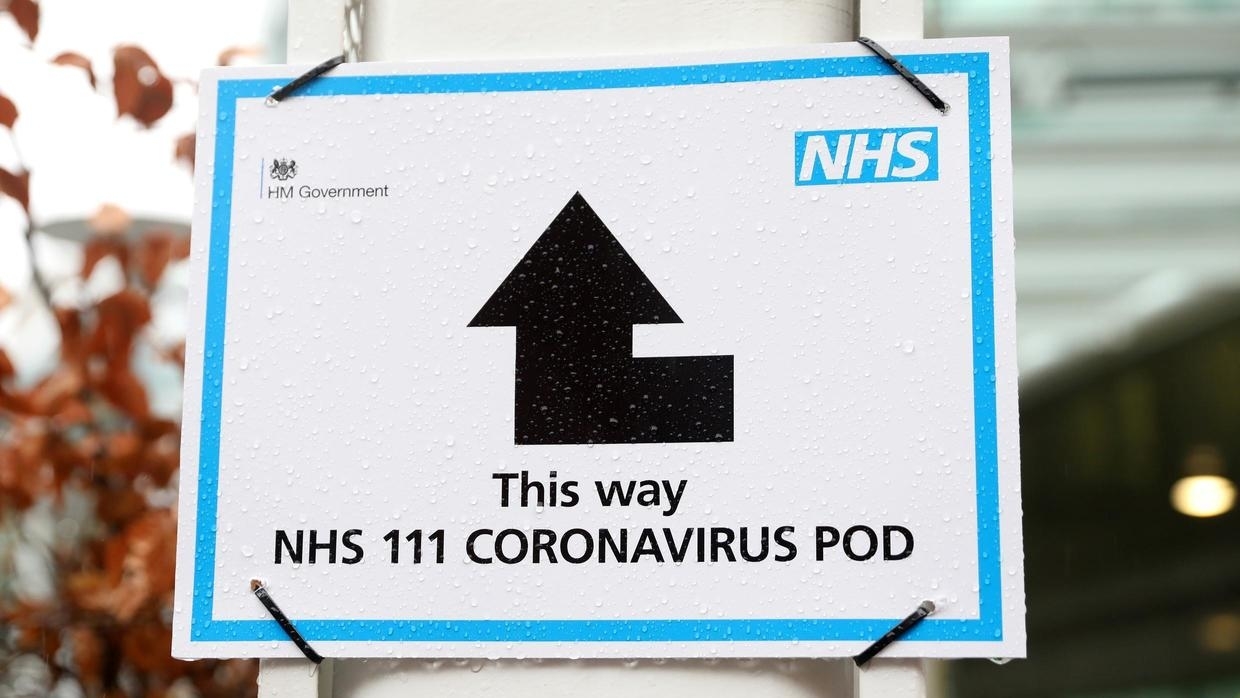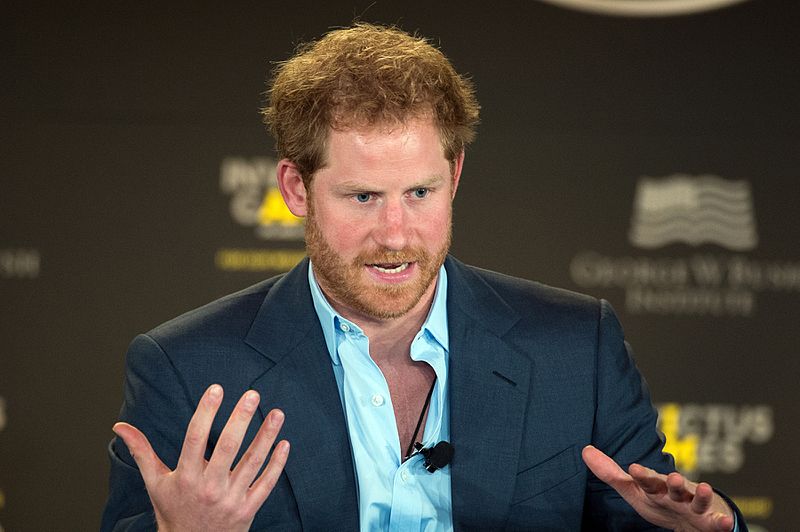
British business activity saw a resurgence this month following a lull before the July 4 election, driven by the fastest manufacturing growth in two years and the
strongest influx of new orders since April 2023, according to a significant survey released on Wednesday.
These findings could be encouraging for Prime Minister Keir Starmer's new government, which aims for faster growth to enable increased public spending. Additionally, the Bank of England may welcome the news as inflation pressures have dropped to their lowest level in over three years.
Despite growth this year surpassing most forecasts, the UK's economic performance has lagged since the COVID-19 pandemic. Among the Group of Seven wealthy economies, only Germany has fared worse, due to a greater impact from the surge in European natural gas prices following Russia's full-scale invasion of Ukraine in 2022.
The S&P Global Flash Composite Purchasing Managers' Index (PMI) for July rose to 52.7 from June's six-month low of 52.3, slightly exceeding the 52.6 forecast by economists in a Reuters poll. This result was stronger than the euro zone's PMI, which fell to 50.1 from 50.9, nearing recession territory.
Following the data release, British government bond futures fell, widening the yield spread between British and German government bonds to its broadest since early July.
The services PMI rose slightly less than expected, while the smaller manufacturing sector surpassed expectations, achieving its highest level since July 2022.
"The first post-election business survey paints a welcoming picture for the new government, with companies operating across manufacturing and services gaining optimism about the future," said Chris Williamson, Chief Business Economist at S&P.
The future output component jumped from 70.4 to 74.7 in July, marking its second-highest reading since February 2022, partially boosted by the fastest growth in export orders since March 2023.
"Companies often commented on an improvement in market confidence and the securing of new contracts, following some reports of a pause in client spending decisions prior to the general election," S&P noted.
However, consultancy Capital Economics estimated that the PMI reading only indicated a quarterly growth rate of 0.2% in July, below their forecasted robust pace of 0.6%-0.7% for the three months ending in June.
"Some of the recent rebound in activity this year may have been due to catch-up growth following the weakness of activity last year," said Ashley Webb, economist at Capital Economics.
The UK's economy grew just 0.1% last year. The International Monetary Fund forecasts a 0.7% growth for 2024.
Businesses raised prices at the slowest pace since February 2021, driven by moderation in the services sector, and reported one of the smallest cost increases since January 2021.
The Bank of England will publish new inflation forecasts on August 1. However, investors have reduced expectations that it will cut interest rates from their 16-year high of 5.25%, after recent data showed sustained high services price inflation and wage growth. Photo by Philippe Salgarolo, Wikimedia commons.












